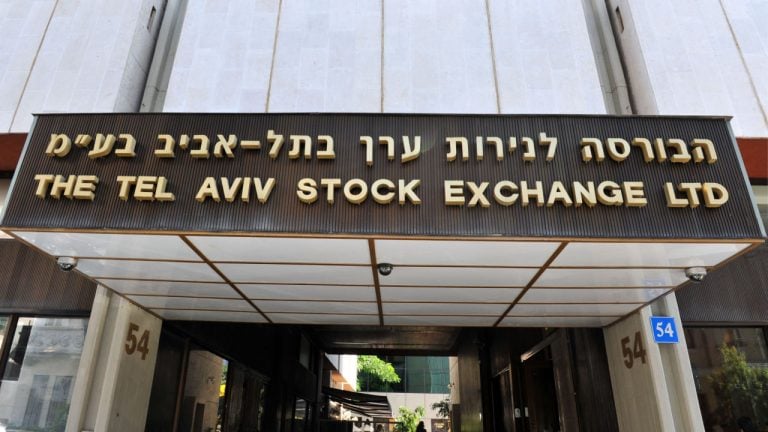
Israel’s public stock exchange is suggesting regulatory amendments that would permit some clients to trade crypto assets. The proposals, which have been put forward for public consultation, come at the backdrop of a growing number of regulated institutions getting involved in the digital asset market, the exchange noted.
TASE Exchange Moves to Regulate Cryptocurrency Trading for Brokers
The Tel Aviv Stock Exchange (TASE) has published a draft proposing to allow clients of non-banking institutions (NBMs) among its members to buy and sell cryptocurrencies. It intends to expand the list of authorized activities for such entities in order to add crypto trading.
NBMs provide brokerage, investment and advisory services, and operate as intermediaries. While they can process various transactions such as the transfer of funds, they are not permitted by law to accept direct deposits from customers or act as custodians.
Israel’s only public exchange is now seeking feedback on its regulatory initiative. The call for comments was posted on Monday. Upon their receipt, the proposal will be submitted for approval by the Board of Directors, it said and elaborated:
This is another step in the advancement and development of the Israeli capital market that aims to encourage innovation and competition, while mitigating the risks and protecting the customers.
In a press release, TASE marked the turbulent events in the crypto space over the course of the past year while highlighting the growing demand from customers and the greater involvement of regulated institutions. It insisted that all this requires regulation that will mitigate various risks.
The new rules aim to enable customers to deposit fiat money for investment in crypto assets and withdraw funds stemming from such investments. On their behalf, NBMs will deal with two types of licensed companies: providers of trading services and providers of custodial services for cryptocurrencies.
Last week, the Bank of Israel published recommendations for regulating and supervising activities related to stablecoins in the country. In November, 2022, Israel’s Ministry of Finance issued its own guidelines for digital asset regulation. In January of this year, the Israel Securities Authority (ISA) released a draft proposal to define the legal status of cryptocurrencies.
Do you think Israel will gradually regulate all activities in the crypto market? Share your expectations in the comments section below.
from Bitcoin News https://ift.tt/JAkljh5
Comments
Post a Comment